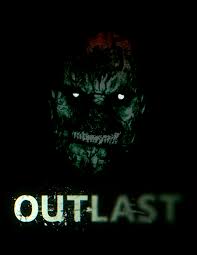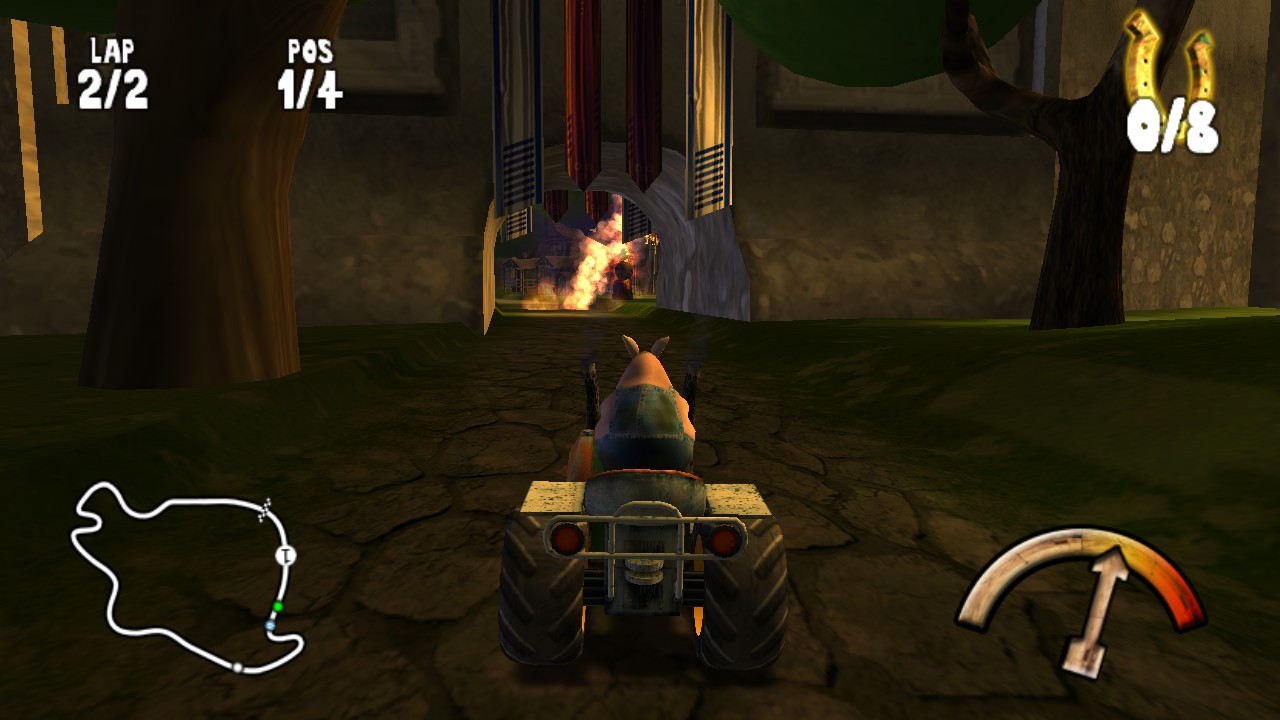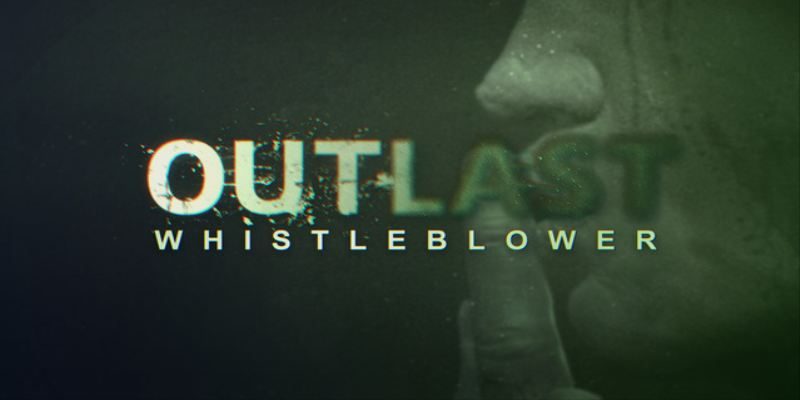


Then in August of 2007, it was ordered by a judge to keep logs of all of its users. In 2006, it was the most popular Website for torrents, an optimized method for file sharing. In one particular battle, the network TorrentSpy resisted the lawsuits targeting its service and users. In 2007, the British network named Oink's Pink Palace was raided, and its administrators were arrested by police for facilitating copyright violation. In 2006, a network named Elite Torrents was taken down by the United States government, and its administrator received five months in prison. The following year, after paying a fine of $100 million, Kazaa became a pay-to-download service. In 2005, another service that allowed file sharing named Kazaa was lost a legal battle in Australia. The legal battle eventually led to Napster being shut down, sending a shock wave through the global community of file sharers and file sharing services. Records is already suing Napster for the more generic availability of all the label's music though the software's service."

According to a news report in June by CNET, "Warner Bros. However, these lawsuits were redundant in the big picture. Other artists offered their condemnation of Napster, such as Madonna and Eminem. The service itself did not offer the music, but it only provided a search engine that allowed people to look for music provided by the service's users. Dre sued the service for connecting users to each other so they could share music. In 2000, Napster became the first major case against a national organization that was helping individuals pirate copyrighted material. ".justice urges us to take upon ourselves the defense of the interests of the terribly maltreated people and demand their economic and social emancipation along with political freedom."īackground and History of the File Sharing Movement


 0 kommentar(er)
0 kommentar(er)
